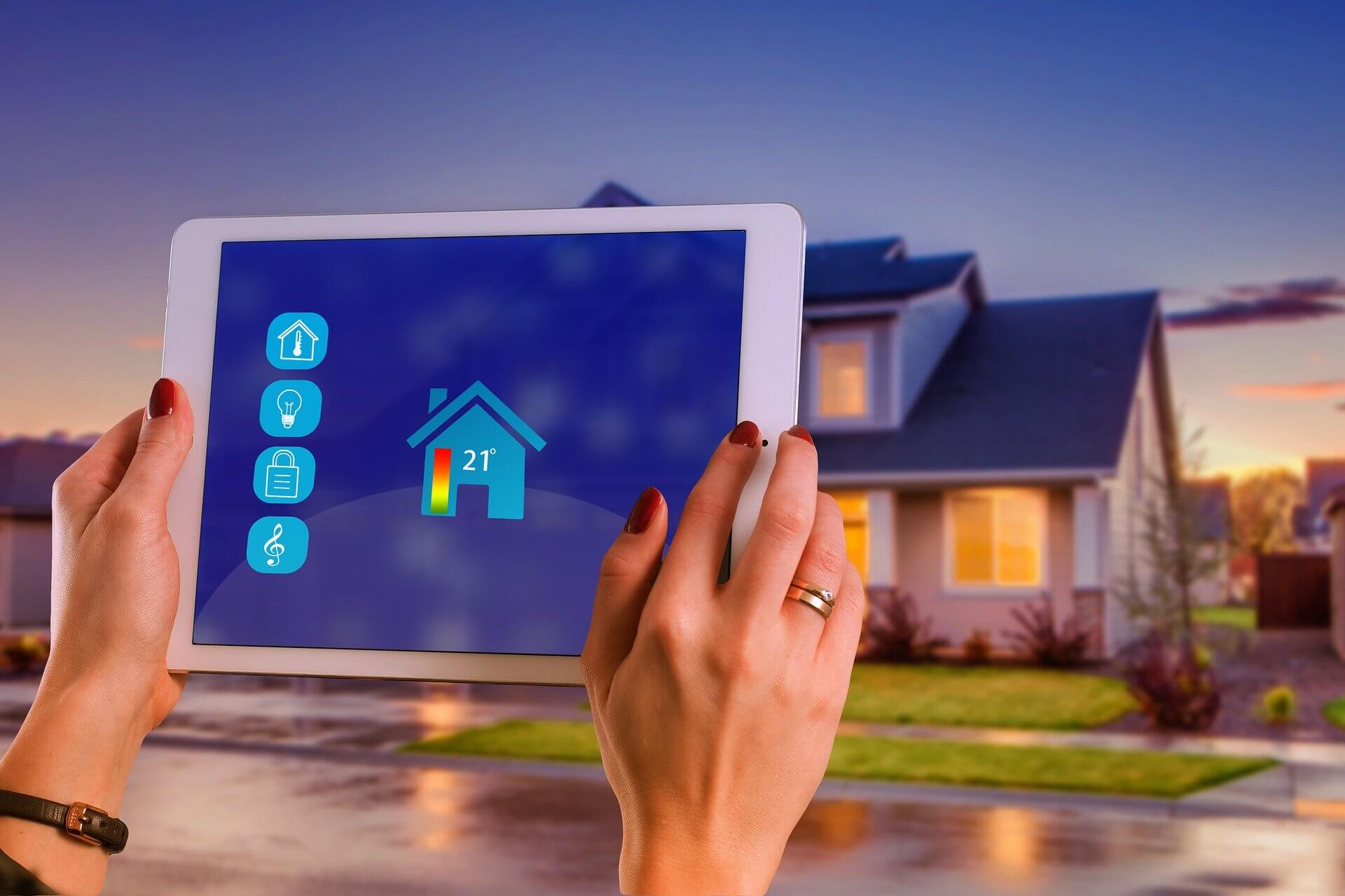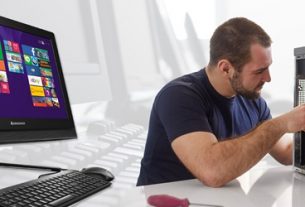Well, the answer to that question rather depends upon what you mean by safety. In one sense, smart homes are considerably safer. This is because, increasingly, smart technology is being recognized as a boon for all kinds of different security and safety applications.
To see that this is so, you just need to think about those applications. Smart technology can alert you to trespassers the moment they cross the threshold (even if you are far away); smart technology can even automatically alert fire services upon the detection of dangerous smoke in the home; smart technology allows you to see exactly who is at your door and allows you to converse with them without opening the door.
In another sense, however, there are certainly concerns. Cyber security concerns, to be more specific. And these concerns all stem from the fact that a smartphone needs to make use of a network, needs to transfer and relay information and data across that network and, therefore, has all the same vulnerabilities that an internal office or public network has. Granted, much the data collected by a smart home system would be totally useless to criminals, but not all of it.
The Risks
Consider the aforementioned smart fire safety. One of the ways a smart home system can aid firefighters combatting a blaze in a smart property is that it can let them to see the plans of the building, allowing them to work out how to navigate it before they even enter. The plans to your home, unfortunately, would also be very useful to a burglar, and for obvious reasons.
Accordingly, there are definite security vulnerabilities to a properly integrated smart home system. Furthermore, as anyone involved in cyber security is only too aware, cyber criminals are constantly developing their techniques and cyber security is constantly in a sort of arms race with the criminals, with each new expert hacking program having to be offset with a new cyber security apparatus.
Hacking, in particular, is an important thing to pay attention to when ensuring the security of your smart home. Theoretically, hacking the control apparatus for your smart home could allow criminals to unlock your doors, windows, and remotely make your home less secure.
Smart Home Security Tips
There are all sorts of smart home devices, from fridges that can tell you when they are getting empty right down to the rechargeable USB smart batteries produced by startups like Pale Blue Earth. A home is only a smart home though when all these devices are integrated across an Internet of Things (IoT) system. The following security tips will assume this type of smart home.
Use Screen Locks and Passwords
The device you use to interact with your smart home will be some kind of mobile device. The most basic risk here is a criminal gaining access to this device and thereby controlling your home’s smart functions. Accordingly, ensure you use passwords and screen locks.
Ensure Your Main Account is Not an Administrators Account
You will still have an administrator account, but it should be the one you use to interact with your smart home system on daily basis. Without administrator privileges, there is a limited amount of damage a hacker can do if they get in.
Use Computer Security Software
We are talking here about firewalls and anti-virus software. Remember, the threat can come from afar too. Therefore, the usual computer security software should also be protecting your smart home interface.
Smart homes have made our homes, on balance, more secure. But they have also come with new risks – risks that require definite attention.



